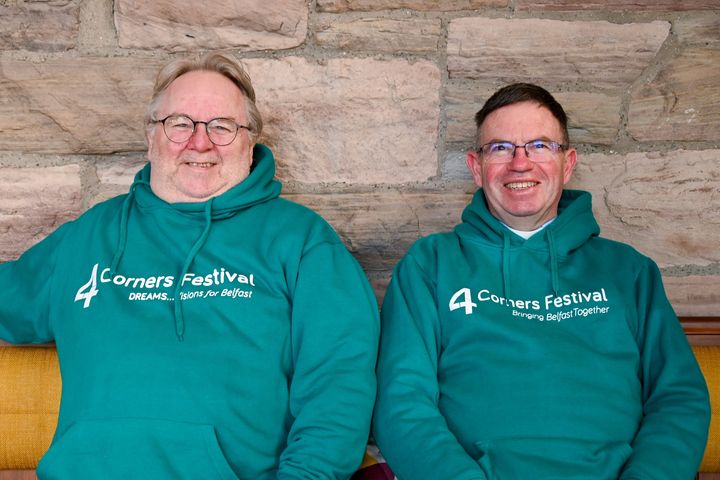Researchers at the Icahn School of Medicine at Mount Sinai have made a promising breakthrough in the treatment of small cell lung cancer (SCLC). Their study, published in Science Advances and titled "ATR Inhibition Activates Cancer Cell cGAS/STING-Interferon Signaling and Promotes Anti-Tumor Immunity in Small Cell Lung Cancer," presents an exciting new approach that offers hope to patients with this challenging disease. Small cell lung cancer is one of the most aggressive types of cancer.
It represents about 10 to 15% of all lung cancer cases in the United States, with roughly 30,000 to 35,000 new cases each year. Unfortunately, by the time most patients are diagnosed, the cancer has often spread, making it difficult to treat. Current treatments, such as chemotherapy and immunotherapy, offer only temporary relief, and the five-year survival rate is less than 10%.
"We've concentrated on ATR (ataxia telangiectasia and Rad3-related protein), which plays a key role in repairing DNA in cancer cells. By inhibiting ATR, we make these cancer cells more vulnerable to treatments and enhance the immune system's ability to target them," said Triparna Sen, Ph.D.
, Associate Professor of Oncological Sciences, and the Director of the Lung Cancer PDX Platform, at Icahn Mount Sinai. New treatment strategy: One-two punch The study explored the effects of a new drug called berzosertib (M6620/VX970) combined with another drug, topotecan, to treat SCLC patients who have relapsed. "Our findings sug.


















